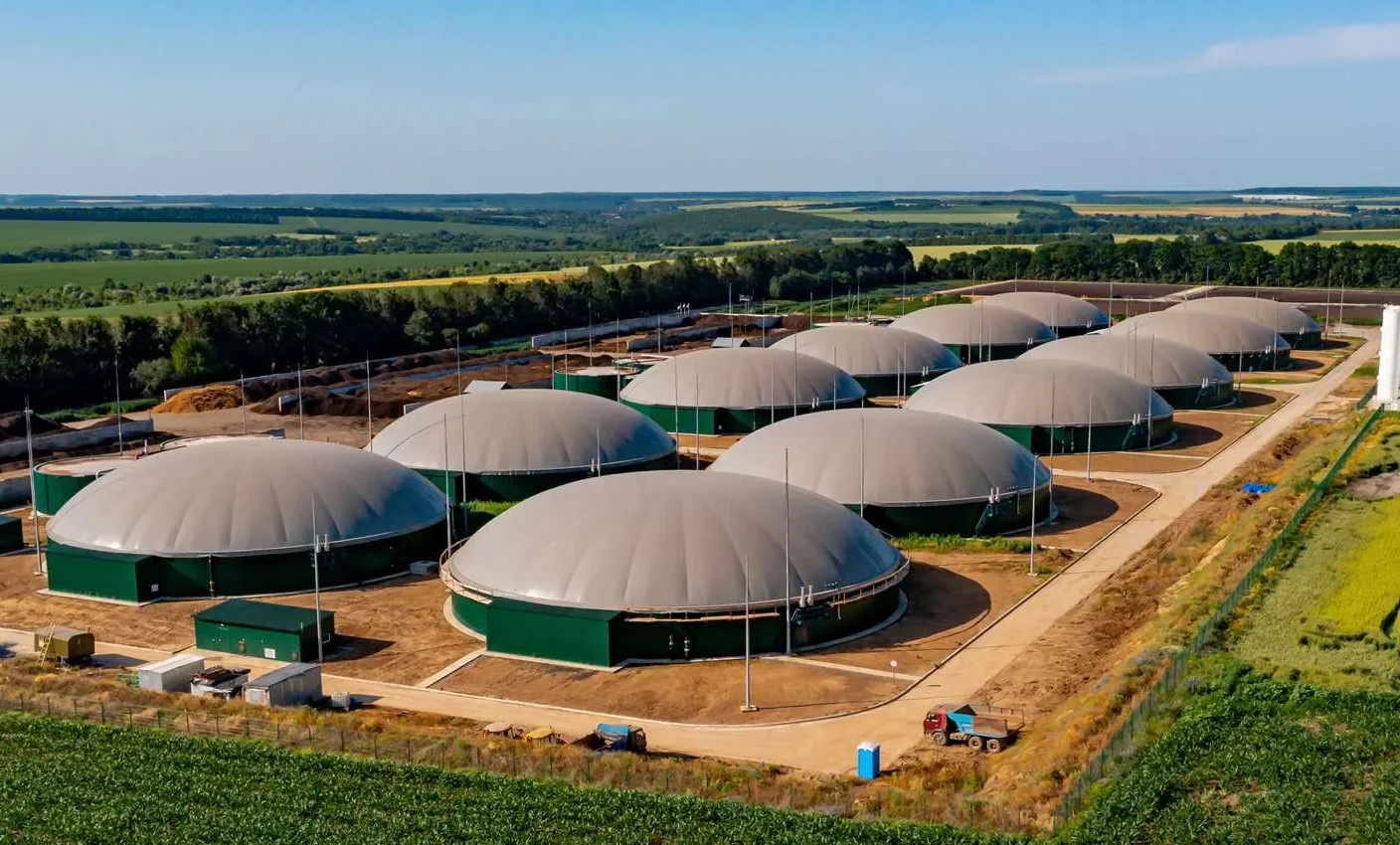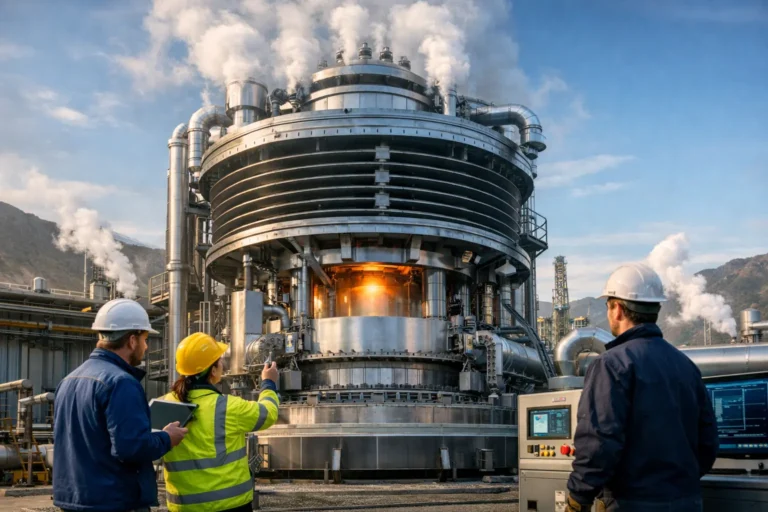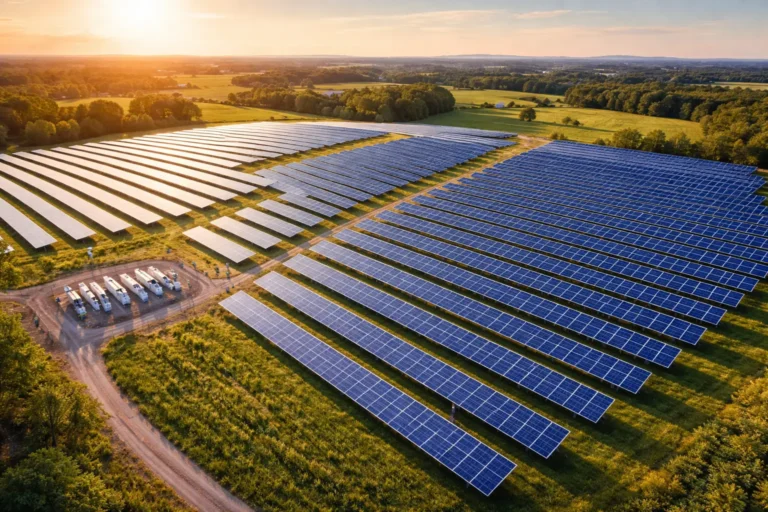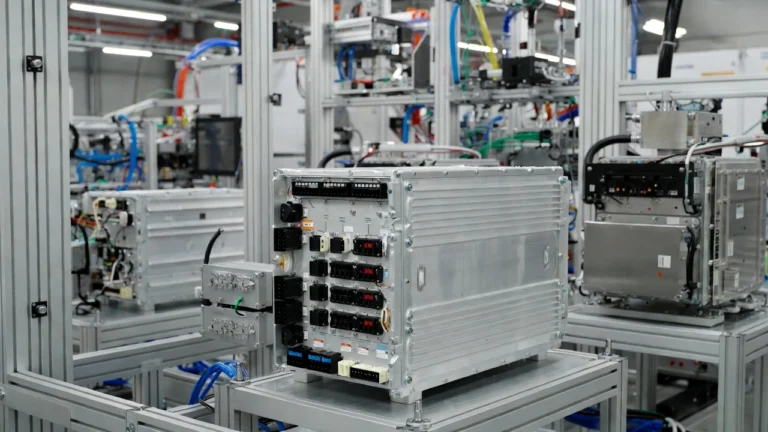
Anaergia Signs Landmark Agreement to Provide Infrastructure and Technology for Over 15 New Biomethane Plants in Spain
Anaergia Inc. (“Anaergia” or the “Company”), a global leader in delivering sustainable solutions for waste-to-value technologies, announced that its subsidiary, Anaergia S.r.l., has signed a binding agreement with a leading Spanish company specializing in renewable gas infrastructure. Under this agreement, Anaergia will provide its proprietary technology, engineering expertise, and equipment to support the development of more than 15 new biomethane production plants across Spain.
This partnership represents one of the most significant milestones in Anaergia’s European expansion strategy, as well as a major advancement for Spain’s transition to renewable energy. The total value of the agreement is expected to generate approximately C$184 million in revenue, marking it as Anaergia’s largest-ever capital equipment sale to date.
Scope of the Agreement
The agreement outlines a comprehensive package of services and technology solutions that Anaergia will deliver over the course of the projects. Central to this effort is the supply and construction of concrete tanks equipped with Anaergia’s Triton™ digesters. These digesters feature a patented configuration designed to significantly enhance the efficiency and reliability of anaerobic digestion, enabling higher yields of renewable gas from organic feedstocks.
In addition to the digesters, Anaergia will also provide advanced mixing systems, another proprietary innovation that ensures optimal process conditions within the digesters. These systems improve the breakdown of organic material, reduce operational downtime, and increase the overall energy output of the facilities.
Alongside these core technologies, Anaergia will supply a range of critical plant components, ensuring that each biomethane facility operates seamlessly and integrates smoothly into Spain’s existing gas infrastructure.
Project Timeline and Deployment
Anaergia is set to begin work on the first biomethane plant project this month. Construction and commissioning will follow a carefully phased timeline, with all of the plants covered by the agreement scheduled to be fully operational within 48 months. Once completed, the plants will be integrated into Spain’s national gas pipeline network, contributing directly to the country’s decarbonization strategy and its commitment to reducing dependence on fossil fuels.
The scale and pace of the rollout demonstrate the urgency with which Spain and the European Union are moving to expand biomethane capacity. These projects will not only help diversify Spain’s energy mix but also align with EU renewable gas targets, which aim to substantially increase the share of biomethane in the European gas market by 2030.
Financial Impact for Anaergia
From Anaergia’s perspective, the agreement is transformative. The anticipated C$184 million in revenue represents the largest capital equipment sale in the Company’s history. This financial boost strengthens Anaergia’s balance sheet and underscores its ability to execute complex, multi-site infrastructure projects at scale.
The Company has noted that this agreement validates its strategic focus on proprietary technologies like the Triton™ digester and advanced mixing systems. By offering solutions that combine efficiency, reliability, and cost-effectiveness, Anaergia continues to differentiate itself in a competitive global market for renewable energy technologies.
Strategic Importance for Spain
Spain has emerged as one of Europe’s most dynamic markets for renewable gas, driven by both policy initiatives and growing energy demand. The Spanish government, working within the framework of EU climate and energy directives, has set ambitious goals to reduce greenhouse gas emissions, increase renewable energy generation, and transition toward a circular economy.
Biomethane production is a key pillar of this strategy, as it not only displaces natural gas but also transforms organic waste streams into valuable energy resources. The projects supported by Anaergia will collectively help Spain reduce its carbon footprint, create new economic opportunities, and enhance energy security by reducing reliance on imported fossil fuels.
By supplying technology to over 15 plants, Anaergia will play a central role in scaling up Spain’s biomethane industry. The new facilities are expected to produce substantial volumes of renewable gas, equivalent to powering hundreds of thousands of households annually, while also diverting significant amounts of organic waste from landfills.
CEO Perspective
Commenting on the agreement, Assaf Onn, Chief Executive Officer of Anaergia, emphasized the significance of this milestone for both the Company and Spain’s energy sector:
“This agreement marks a significant milestone in advancing Spain’s renewable energy sector, fostering economic growth and environmental sustainability. The scale of this historic agreement highlights the advantages of our strategic focus on leveraging proprietary technologies for the benefit of our customers, and underscores our growing presence and activities in Europe. We are most excited about this opportunity to demonstrate the value of our innovative solutions and to support the global transition to renewable energy.”
Onn further noted that Anaergia views Spain as a gateway to broader European opportunities, with the successful execution of these projects likely to open additional markets across the continent.
Anaergia’s Growing European Footprint
Europe has become a major focus area for Anaergia in recent years. With stringent EU climate targets and rising interest in circular economy solutions, demand for biomethane infrastructure is expanding rapidly. Anaergia’s ability to deliver scalable, proven technologies positions the Company as a natural partner for utilities, developers, and governments across the region.
The Spanish projects follow a series of other high-profile European deployments, including facilities in Italy, Denmark, and Germany. Together, these efforts are solidifying Anaergia’s reputation as one of the leading global providers of waste-to-renewable energy infrastructure.
Broader Impact: Economic, Environmental, and Social Benefits
Beyond the immediate financial and technical aspects, the projects will generate a range of broader benefits for Spain and its citizens:
- Environmental Gains – By capturing methane from organic waste and converting it into biomethane, the plants will significantly reduce greenhouse gas emissions. Methane is a potent greenhouse gas, and its controlled use in energy production represents a double win for climate action.
- Energy Security – Spain has historically been dependent on imported natural gas. By developing a domestic biomethane industry, the country reduces its exposure to global energy market volatility.
- Job Creation and Economic Growth – The design, construction, and operation of more than 15 plants will create thousands of direct and indirect jobs. It will also stimulate local economies by creating demand for services, construction, and agricultural feedstock supply chains.
- Circular Economy Advancement – Biomethane production embodies the principles of the circular economy by transforming organic waste into a valuable energy resource, reducing landfill use, and producing nutrient-rich digestate that can be used as fertilizer.










